Human Rights Film Festival: Brother Number One
In the summer of 1978, New Zealander Kerry Hamill and his two friends embarked on the sailing adventure of a lifetime. Setting off from the Australian coastline, they aimed to sail around the waters of South-East Asia and eventually, the rest of the world.
Hamill said an emotional farewell to his parents and siblings, none of whom were sure when they would next see him. Aware of the unpredictable currents the threesome would confront, his family was fearful for his safety in harsh weather conditions.
Directed by Annie Goldson, Brother Number One tells the story of Rob Hamill’s search for justice, 30 years after finding out about his brother’s kidnap, torture and execution after his sailing boat unexpectedly drifted into Cambodian waters. Under the Khmer Rouge regime, Kerry was accused of working for the CIA and was sent to the notorious S-21 prison in Phnom Penh, the mother of all torture chambers.
The film sees Rob take advantage of the rare opportunity to stand as a witness at the Cambodia War Crimes Tribunal. We observe the bereaved brother come face-to-face with Comrade Duch, the man who gave the final orders for Kerry, his two friends and the thousands of others executed.
Footage of the court trial punctuates this gripping documentary about a catastrophic regime that has never been fully examined. Before the screening, Hamill spoke briefly to the audience about his difficult journey coming to terms with his brother’s death and his decision to make the documentary.
He made the interesting point that if you ask a random person on the street about Adolf Hitler’s regime, they’re likely to respond with a lengthy and informed description of the events that took place under his dictatorship. Unfortunately, the same cannot be said about the mass genocide that Cambodia experienced just over 30 years ago, that saw almost two million civilians killed between the period of 1975 and 1979.
He accepts that part of the reason for this is down to the confusion over what really happened and who was to blame. This becomes apparent in the film, when Hamill interviews the prison’s interrogator, photographer and artist, who all made a lucky escape, simply down to the fact that they each possessed a skill essential to the prison’s daily operations. Observing that each individual recalls a different version of events, it is clear to see that a culture of silence pervades the grief-stricken nation.
Rob Hamill makes it clear from the beginning that this is only one story, out of many thousands that need to be told. In the film, he talks at length about his upbringing and the disastrous effects his brother’s death has had on his family. We gain an insight into his unusually tenacious personality.
While this helped him overcome the bureaucratic complications in the years running up to the court trials, it also saw him row for his country in the Olympic Games. It is impossible not to commend this man for his achievements.
It’s incredible that a film which appears to focus on one individual’s quest for justice can, at the same time, open up a whole new range of questions. Brother Number One raises awareness about Cambodian war crimes and opens up a much-needed discussion in political spheres across the world.
Connie Viney
For more information about Rob Hamill’s quest for justice click here.
Watch the trailer for Brother Number One here


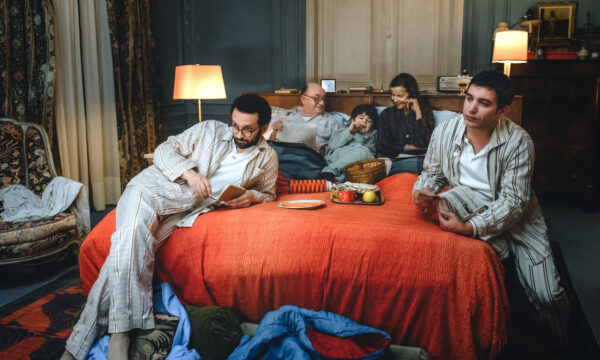
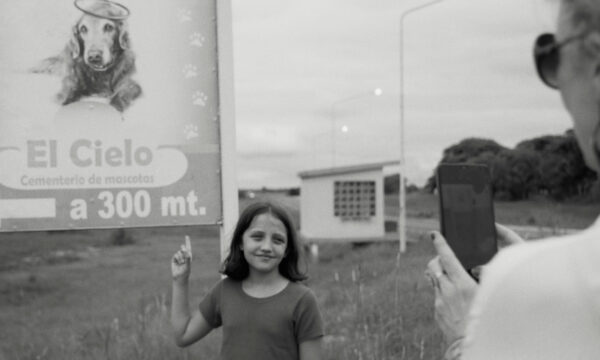
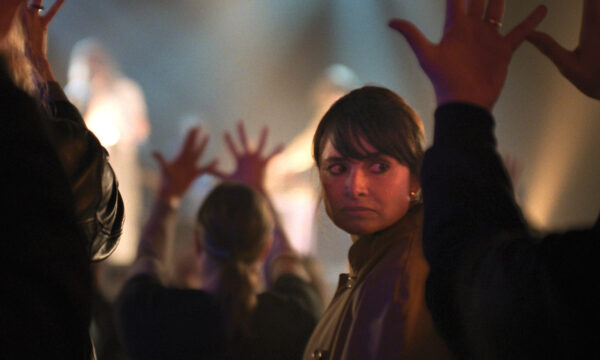
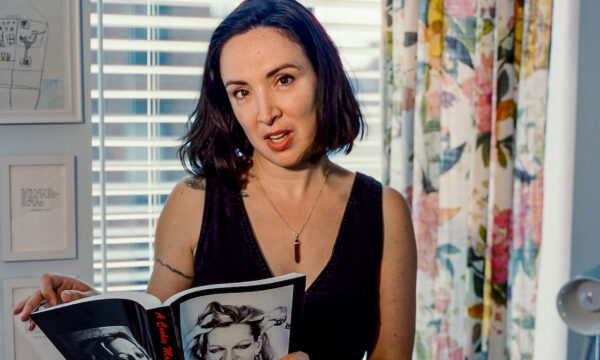
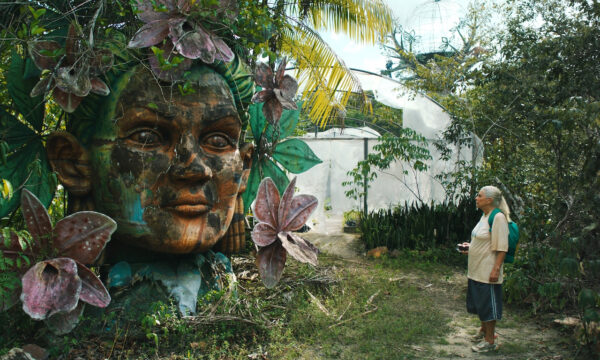
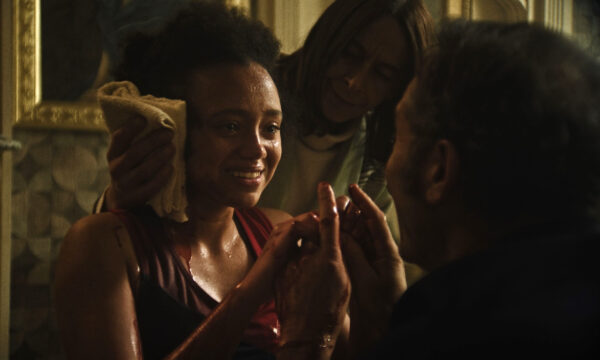



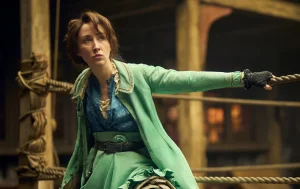

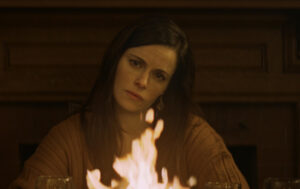






Facebook
Twitter
Instagram
YouTube
RSS